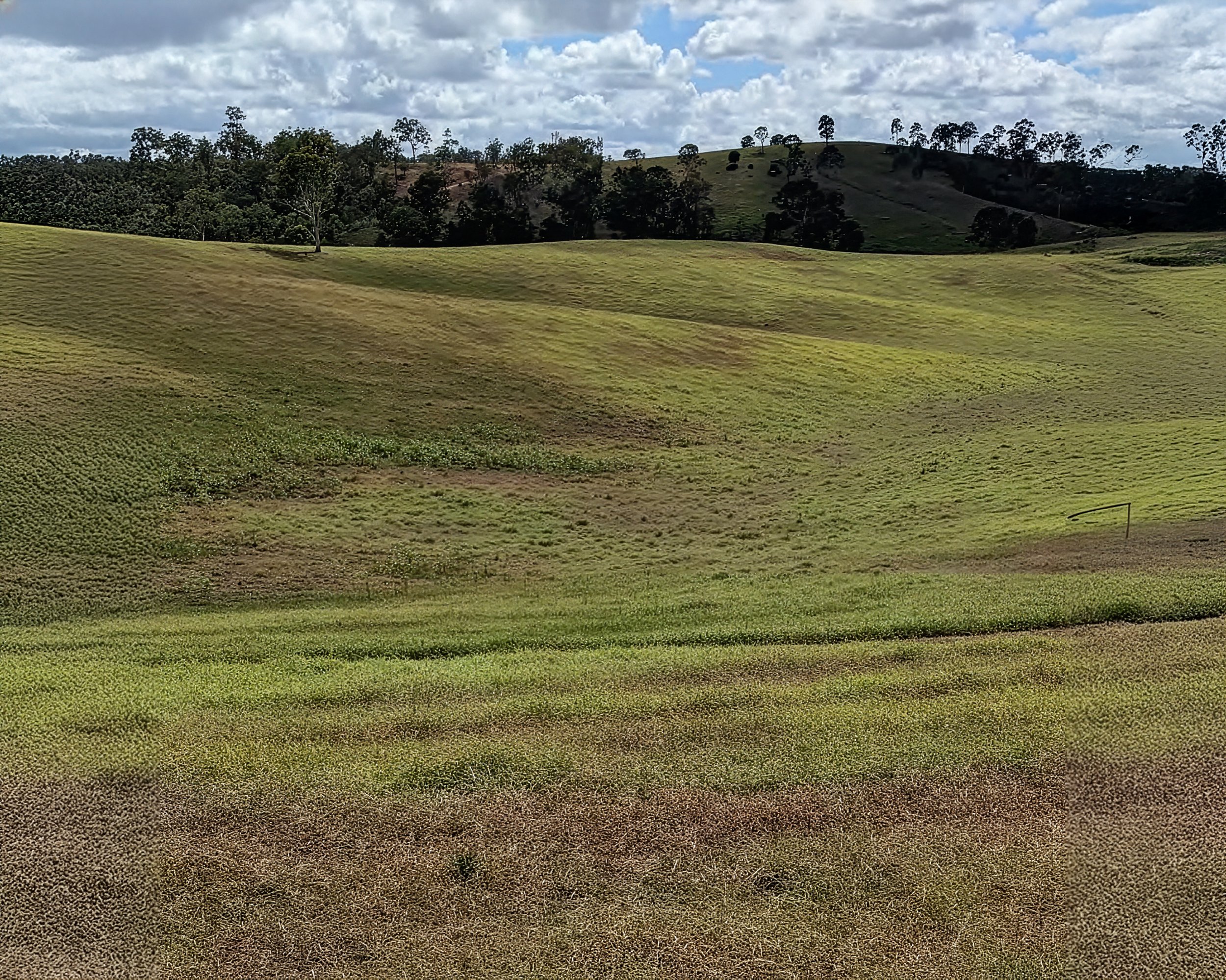Management options and species evaluation
to increase productivity in dieback affected pastures
Phase III
About project
Project partners
MLA
Duration
2024-2028
Summary
This project builds on previous research (B.PAS.0507 and B.PAS.0513) investigating management options and species evaluation to improve productivity in dieback-affected pastures. The earlier phases established agronomic trials to assess new practices for mitigating pasture dieback. Phase III will extend these trials for a further three years, allowing for a longer-term evaluation of the durability of management strategies and pasture recovery. The research provides valuable insights for producers on effective management options and grass species with greater tolerance to dieback.
Pasture dieback is caused by pasture mealybug (Heliococcus summervillei). The current outbreak of Pasture dieback has been a recurring issue since it was first observed in 2015, causing widespread loss of high-yielding tropical and subtropical grasses, while legumes and broadleaf plants remain unaffected. Over the past ten years, the condition has spread across Queensland and more recently into northern New South Wales, even reaching drier inland areas where it was not initially expected to survive. The loss of productive pasture has led to significant financial strain for some producers, with entire paddocks and properties being affected. As a result, there is an urgent need for solutions to maintain consistent feed availability for livestock. This project continues to investigate effective management strategies. Since 2018, four trial sites across key dieback regions in southern and central Queensland have been evaluating various approaches, including re-sowing, fallowing, fertiliser regimes, and cultivation, alongside comparisons of pasture species for dieback tolerance.
For more information contact





